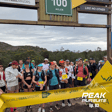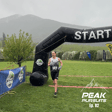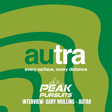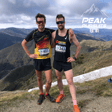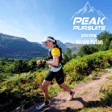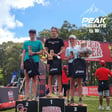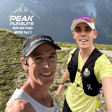
Trail to GPT 3 - The Course and Race Day Planning
Welcome to Episode 3 or out 3-part mini series in partnership with SingleTrack Events and the Grampians Peaks 100!
This episode features last year's 2nd place female and all around trail superstar Cecilia Mattas to talk through the different sections of the course with host Sim Brick, including what to expect from the terrain, tips for aid stations, where you'll be traversing at night vs day, and Cecilia gives her personal experience of the course last year for everyone to learn from.
Cecilia and Sim then also chat through tips for the final stages of planning your race day, covering everything from drop bags to mental strategies. With only two weeks to go there is still plenty you can do to help yourself have the best day possible at GPT and tackle this beats of a challenge with full preparation and confidence!
Thanks for listening and if you're at the event make sure you come and say hi!
Cecilia: @ceciliamattas
Sim: @theflyingbrick_
SingleTrack Events: @singletrack_events
GPT100 Website: https://www.gpt100.com.au/
Music from #Uppbeat (free for Creators!): https://uppbeat.io/t/hartzmann/clear-sky License code: JFCE3VLFTFTXGN1C

